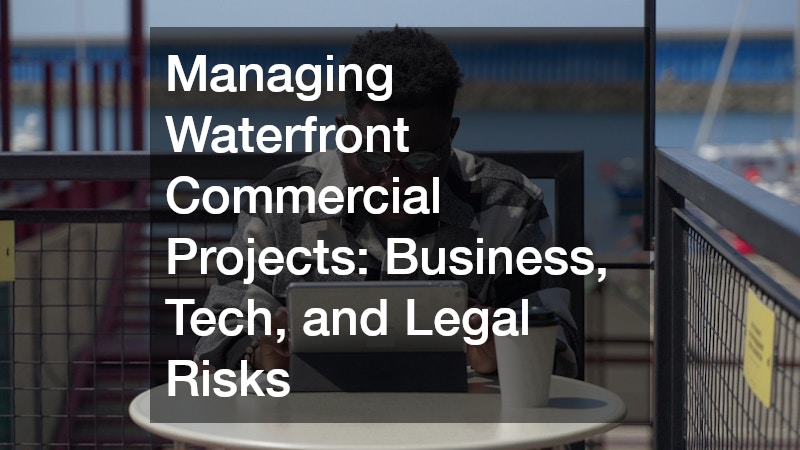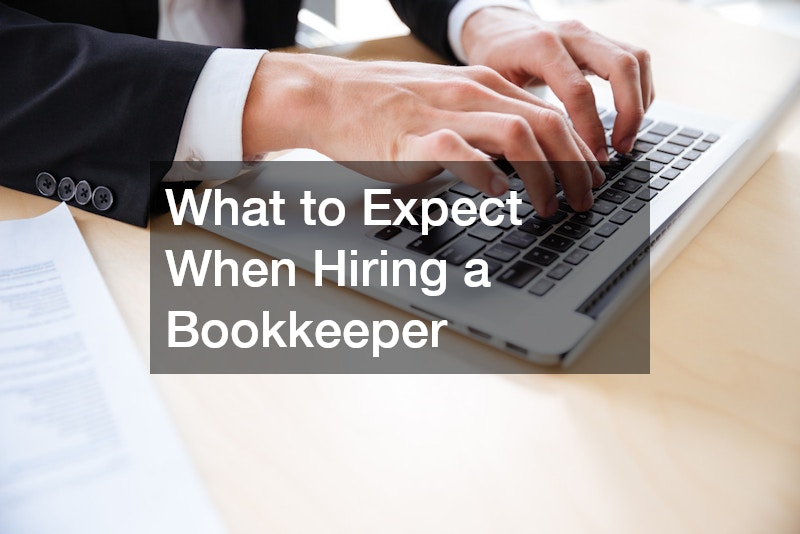Dealing with an accident or crime can be a difficult time. There are plenty of legal aspects involved which you need to be informed of. It’s easy to find a personal injury attorney or a criminal defense lawyer, but going through the entire legal process can get pretty challenging, frustrating, and emotional at the same time. The problem gets even tougher if you have to deal with an insurance company in the event of a personal injury.
Insurance firms make money by providing financial protection to their clients who sustained an injury in an accident. While this sounds like a compelling offer, insurance companies have developed tactics to take advantage of the victims by forcing them to accept settlements for less money than they actually deserve. After all, insurance firms are big businesses whose focus is to make more money and avoid areas that will hurt their profits.
In most cases, victims don’t receive the entire value of their claim from their insurance company or the at-fault party’s insurance company. They do this by denying coverage, delaying the investigation, or using intimidation. Whatever their methods are, dealing with insurance companies with bad faith acts can make your situation worse. To increase your chances of getting a fair settlement of your injury claim, here are some ways to deal with insurance companies after an accident.
Handle communication carefully
Insurance adjusters often disguise themselves as friendly. No matter how good your relationship with them, never form a relationship with anyone from insurance companies. Being friends with their clients is a strategy they use to gain their trust and drive the client to feel comfortable with them. Once they earn their trust, the client is prone to giving inadvertent statements that will likely damage their case in the future.
Remember that insurance agents represent the interest of their company, not yours. More often than not, insurance adjusters have no concerns about their clients and are only interested in settling the claim for less money.
In the event of an accident, the adjuster will call you to get information about the injury. They will inform you that they will record the call for quality control. In reality, insurance companies use recorded calls as evidence to lessen the value of your claim. This is a common example of bad faith insurance practices, where insurance firms train adjusters to record statements from victims and drive them to disclose information more than required.
When filing claims, the information and statements disclosed to the adjuster or insurance company can be used against the victim to reduce the value of the claim, deny coverage, or prove negligence. Thus, it’s important to handle communications properly in every conversation with the insurer. Don’t make accusations and avoid admitting fault. Instead, provide only the important facts and details of the accident. If they ask for information you’re not prepared to answer, tell them that you have to speak with your lawyer first.

Negotiate properly
If the first offer isn’t enough, negotiate. Knowing the total cost of the damage will give you an idea of how much the claim should be. Learning how to negotiate is a very important skill when dealing with insurance companies. Of course, no one wants to settle for something they don’t deserve.
If you have a proper idea about the cost of your injuries, negotiate the value of your claim. Do this by asking the adjuster to justify their offer and counter it with your own. The adjuster will respond either by accepting your offer or putting another counter offer. Whatever happens, don’t feel pressured into accepting offers over a phone call. Tell them to send a copy of their offer so you have time to study it.
There are plenty of ways to get higher compensation. The first one is to identify the lowest acceptable claim. If you hear something that will potentially reduce your claim, don’t be afraid to make adjustments. If they give you a low offer, ask the insurer to provide a justification and an explanation about the damages in dispute. Identify each justification and respond in writing.
Also, don’t be tempted to accept offers that won’t cover all the damages. Focus on the non-economic damages, such as anxiety, trauma, suffering, and pain.
The importance of hiring a lawyer
Dealing with insurance companies to get a fair claim is a challenge. If you encountered an accident and sustained injuries, don’t let your personal judgment or the insurance company decide about the value of your claim. Instead, let an experienced lawyer help you and get information on your claims options.
The role of the lawyer is to help victims recover compensation for whatever injury they sustained. They will handle all tasks related to filing a claim under the client’s authorization, including the negotiation process. They also have the expertise to help victims obtain a higher settlement. In this case, if you’re unsure how to estimate your damages, always refer the case to an experienced lawyer to handle everything for you.










